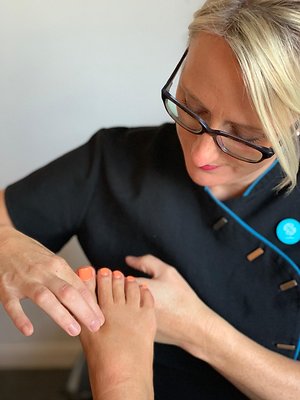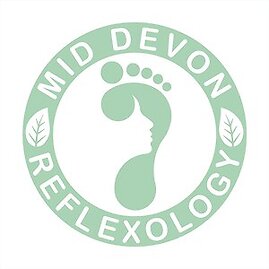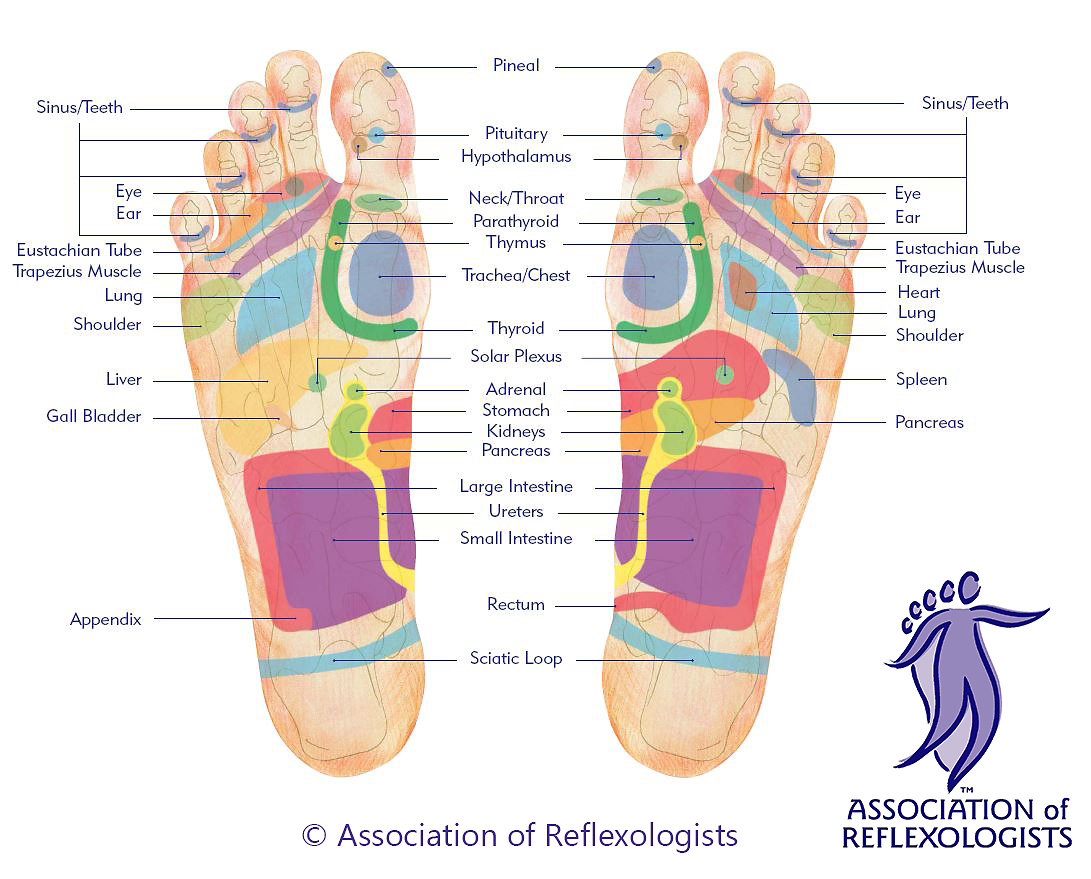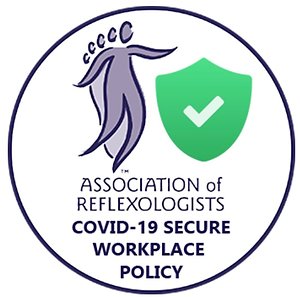What it's all about
Reflexology is a complementary therapy that has been gaining ground over the past 25 years or so. It is widely accepted in the UK and now recognised by the NHS too! You can search for qualified reflexologists on the NHS website - and I'm thrilled to be detailed on this list!
Reflexology is based on the philosophy that different points of the feet, hands, face or ears correspond with different areas of the body. The theory is that working these points or areas can help to aid relaxation, improve mood, release tension, enhance sleep, and can generally help improve wellbeing; allowing us to cope better with the stresses that life can bring.
With ever increasing levels of stress in our day to day lives, it is important to recognise the detrimental effects this can have on our personal wellbeing. Many are now taking action to address these pressures, and reflexology is a wonderful way to relax and ease any tension from our fast paced, modern way of life.
The time to relax is when you don’t have time
Small research studies show that reflexology can help with all sorts of pain, sleep and even improve balance. Pain can be highly debilitating however it is thought that non-painful touch therapies like reflexology can interrupt the pain signals to close the gate to the brain thus lessening the brains response. this is called the gate control theory. Several studies have revealed reduced pain when reflexology is used - even in clients experiencing extreme pain, for example cancer patients.
Sleep is essential to health and well being, so much so that its beginning to be a cause for concern within the NHS where hospital based patients are finding getting a good nights sleep problematic. There have been several research studies in using reflexology to aid sleep in a variety of patient groups and in all of the studies reflexology has been shown to make a difference to the sleep process.
Balance is very important as it helps us to keep upright and decreases falls, thus reducing hospitalisation. A small study of a group of women over 60 found that when compared to no treatment reflexology increased postural stability and sway, both of which are measures of balance.
Experiences of reflexology depend upon the individual and can vary from session to session. In the feet you may feel a soothing sensation, a few tender spots or a sensation of knots being worked out. My clients often report a tingling in the body, feelings of warmth and a sense of feeling lighter. Everyone says that they feel deeply relaxed and free from stress by the end of the treatment.
If you haven't tried reflexology before, you might question whether a foot treatment can really make a difference to your well-being. Many people come back for regular treatments when they experience, for example, better sleep, an improvement in mood and more energy. As a reflexologists we acknowledge that every person is unique; whether your goal is to reduce tension, improve an aspect of your health or just to take time out to relax and unwind, the only way to know if reflexology will help you, is to try it.




